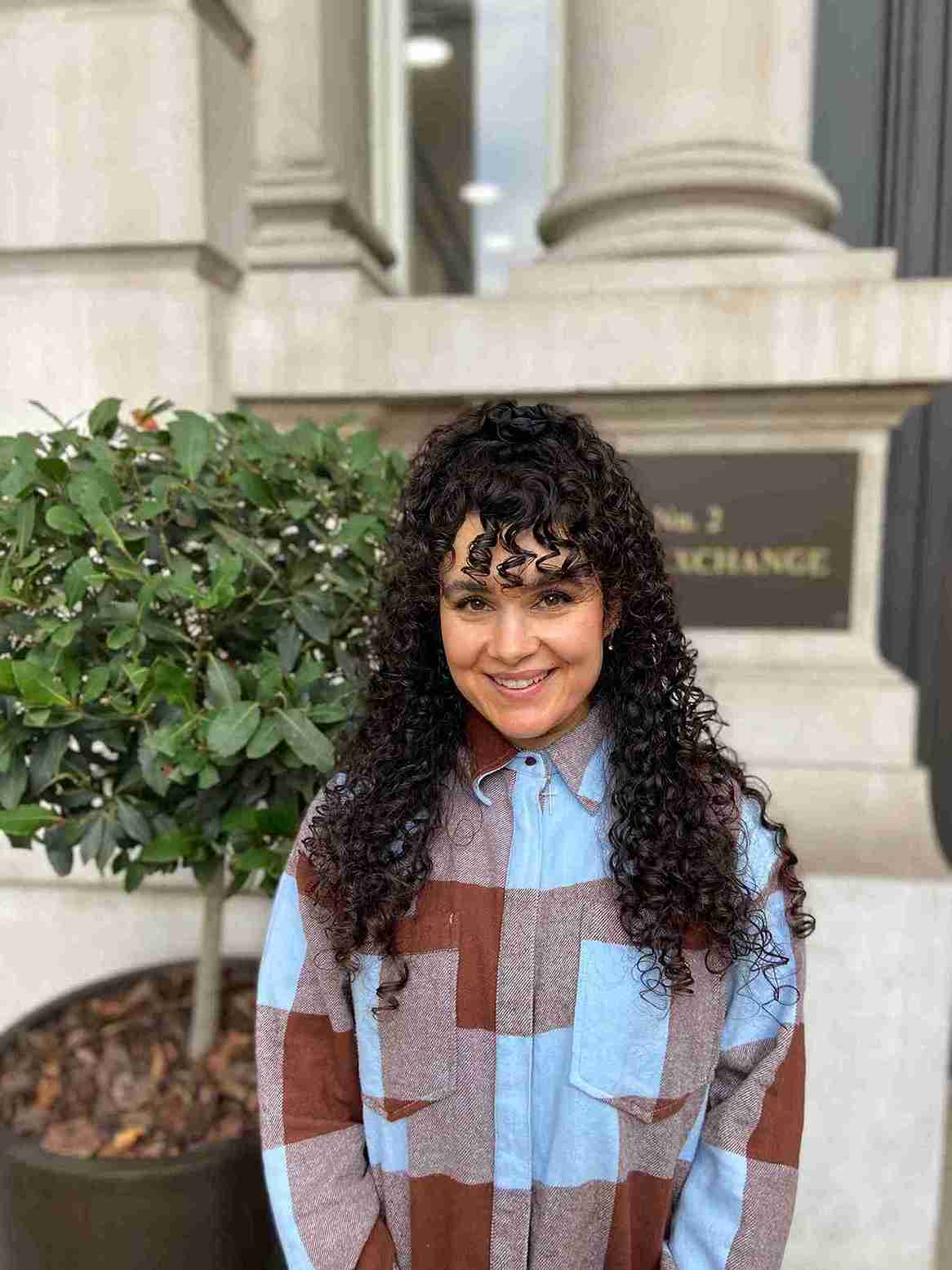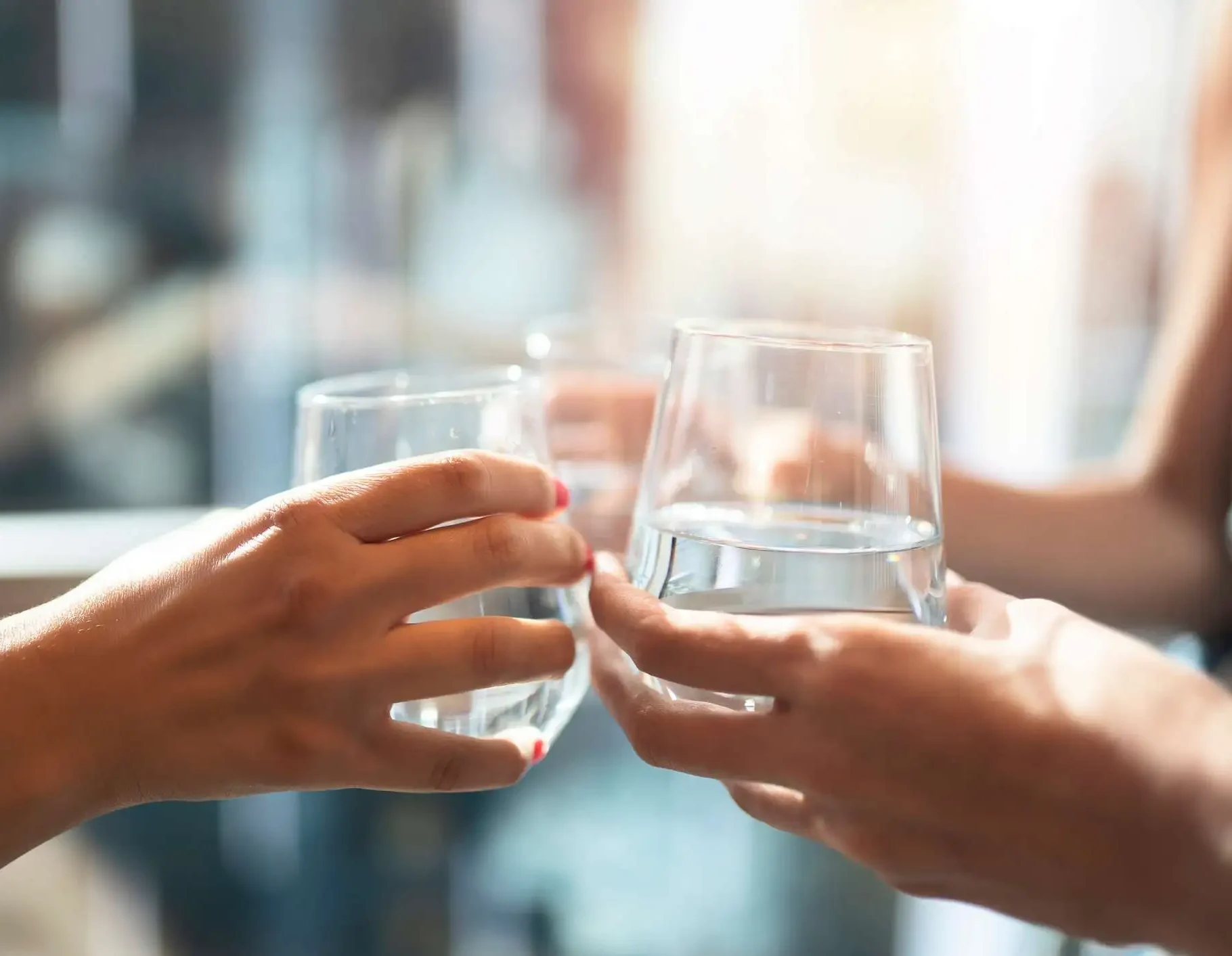Your body needs a lot of water to function well. It lubricates the joints and eyes, flushes out toxins and waste, aids digestion and keeps the skin healthy. As you age, your sensitivity to thirst changes and your body doesn’t demand as much water as in your younger years. Problems with dehydration may occur as a result of not drinking enough, as your body still needs fluids to function.
What makes older adults more likely to get dehydrated?
Older adults are at a greater risk of loss of fluids as a result of the bodily composition changes that happen with age. Those 65 and older typically have less water in their bodies than younger adults or children. Decreases in fluids can also be affected by reduced kidney function. Anne Vanderbilt, CNS of the Cleveland Clinic states that due to the lessened thirst that comes with age, when an older adult thirsts, it’s already a sign of early dehydration.
Not getting enough water can have serious health consequences, as water is needed for most bodily processes. Among those 65 and over, dehydration is a common reason of hospitalisation. This is because the signs are easily missed or attributed to other medical conditions or aging.
Signs and symptoms of dehydration in later life
The effects which dehydration can have on you are not only physical, but also mental and emotional. The blood vessels in your entire body get smaller due to your diminishing fluids.
Physical signs of dehydration are tiredness, dizziness, dry mouth, headache, muscle cramps, chills, feeling cold or too hot, and your skin might look red. Dehydration also manifests by confusion or anxiety, which worsens in cases with a diagnosis of dementia. Continuous dehydration can cause more severe symptoms which can lead to hospitalisation.
How to prevent dehydration?
To prevent dehydration, try to drink 6 – 8 cups of liquid each day. That is a normal cup or glass. Every drink counts, hot or cold! You can even make a chart or a diary to help you remember. When you take medication, drink a full glass of water with it. Keep a water bottle with you and sip it continuously throughout the day. Eat foods that are high in fluids, such as ice lollies, jelly, creamy sauces, custard and extra milk. If you don’t want to wake up at night to go to the bathroom, avoid drinking alcohol or coffee close to bedtime. Instead, drink more water earlier in the day.
If you are worried about getting to the toilet on time as a result of drinking, you’re not alone. It is important to talk to your doctor or a pharmacist about this. Age UK also offers a free ‘toilet card’ that can help you to use the toilet without saying too much.
How can Cavendish Homecare help?
At Cavendish Homecare we are experts in providing private homecare for clients who want to remain in their own homes. When it comes to your health and well-being, choosing the right homecare package is of utmost importance and navigating this process can be overwhelming. With Cavendish Homecare by your side, you’ll have the support you need to remain safely at home while enjoying elevated health and wellbeing.
If you would like to enquire about our homecare services, contact us on, 02030085210 or email us at info@cavendishhomecare.com.
About the Author…
Misha Zemkova
Operations Coordinator
Starting her career in Health and Social Care with a Certificate of Higher Education from the Open University, Misha Zemkova is committed to making a positive impact.
As a former volunteer at North London Action for the Homeless, Misha stands out for her exceptional ability to connect with people through active listening. With seven years of invaluable experience as a Key Worker for adults with diverse learning disabilities, Misha brings extensive experience and a deep understanding of caring for individuals with unique needs.
Now a pivotal member of the operations team at Cavendish Homecare, Misha actively supports Nurse Managers and the Bookings team in delivering high-quality care. She has demonstrated outstanding commitment to supporting charity partner Cruse Bereavement through events such as the Virtual TCS London Marathon and Light up the Night.

 Back
Back